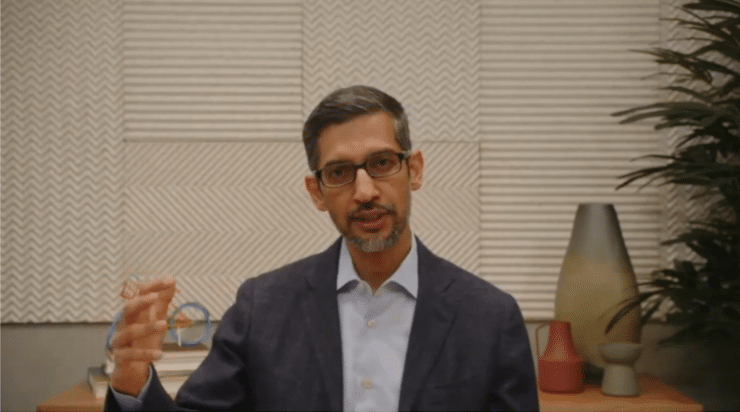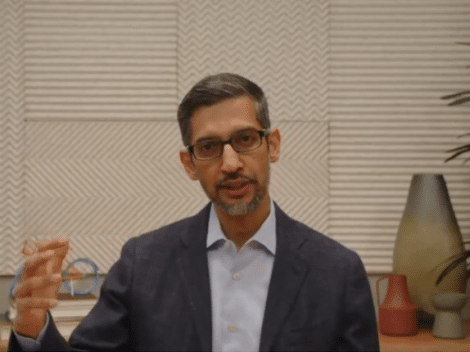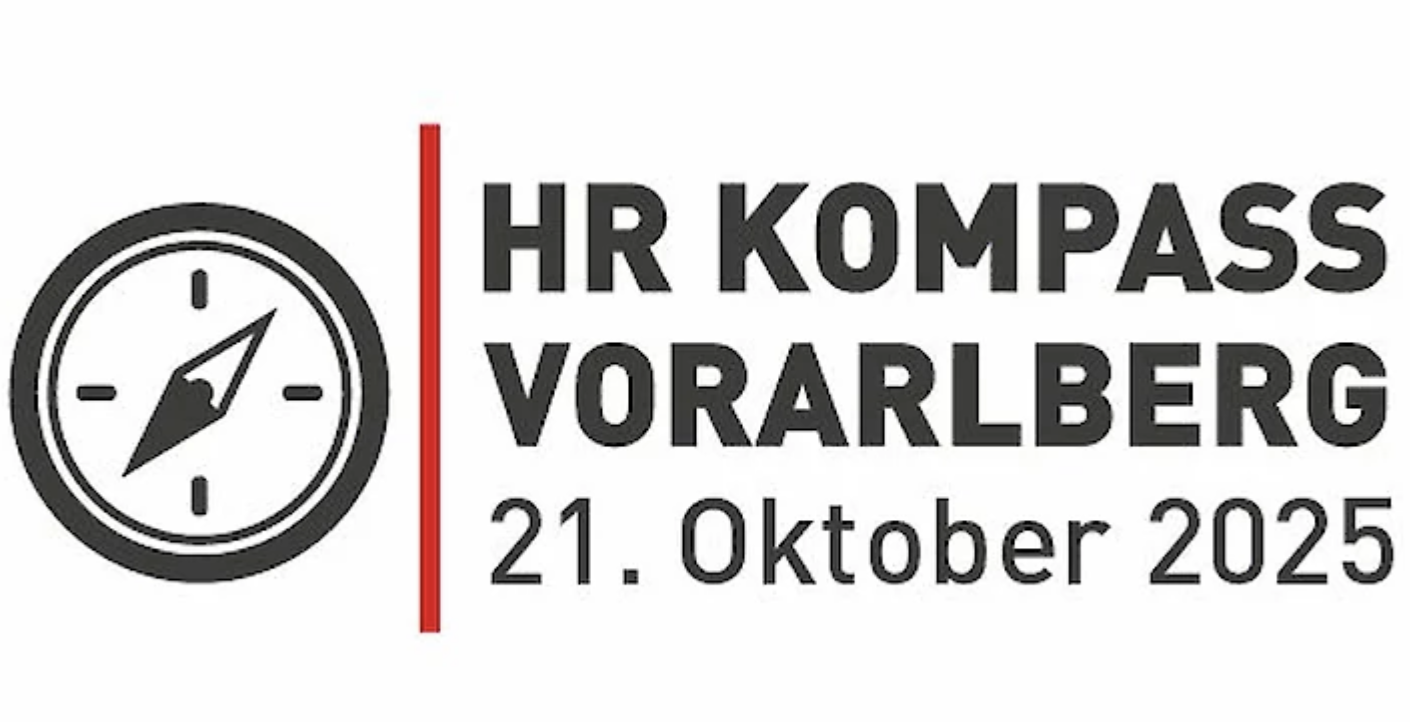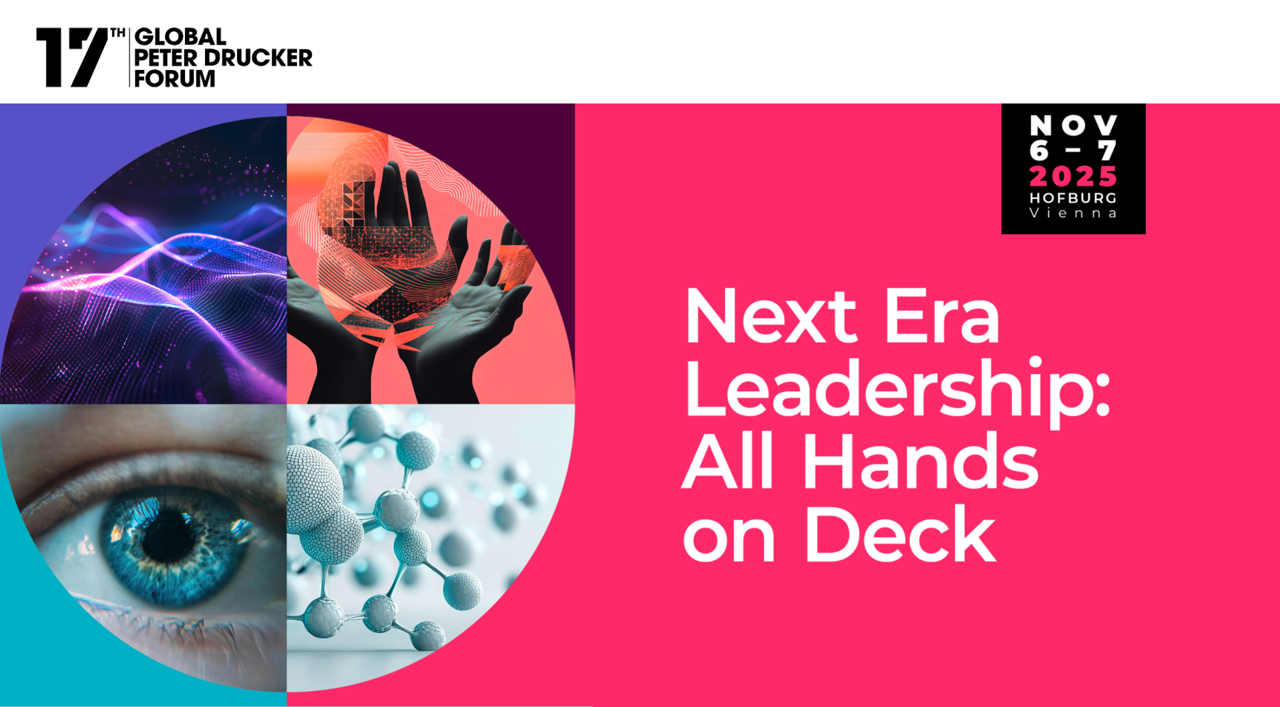In a thought-provoking conversation on Harvard Business Review’s #HBRLive, Sundar Pichai, CEO of Google, discussed the groundbreaking potential of generative AI as an indispensable ally in augmenting human capabilities. The interview, conducted by Adi Ignatius, Editor in Chief of Harvard Business Review, delved into the remarkable advancements of AI and its profound impact on the dynamics of the modern workplace and society at large.
The interview began with Pichai acknowledging the current inflection point in the world of generative AI, where the technology has become increasingly prominent. He highlighted the potential of AI as a collaborative partner, similar to the concept of pair programming in software engineering. Pichai explained that AI can act as a paired programmer, financial analyst, or as a customer service agent, providing valuable insights and assistance to humans.
Gemini
Pichai then discussed Google’s latest AI tool to be released, Gemini, which aims to compete with OpenAI’s ChatGPT-4. Gemini represents the progression towards multimodal AI models that can process various modalities such as text, images, audio, and even video. This advancement enables AI models to generate not only text but also visuals and other forms of content.
Editorial note: The capabilities of Gemini, Google’s latest AI tool, represent a significant step towards achieving Artificial General Intelligence (AGI). AGI refers to the development of AI systems that possess general human-level intelligence and is considered a crucial milestone on the path towards Singularity. For those interested, links to the official May 2023 Google presentation of Gemini and other AI can be found below this article.
Discussing Pluto with LaMDA
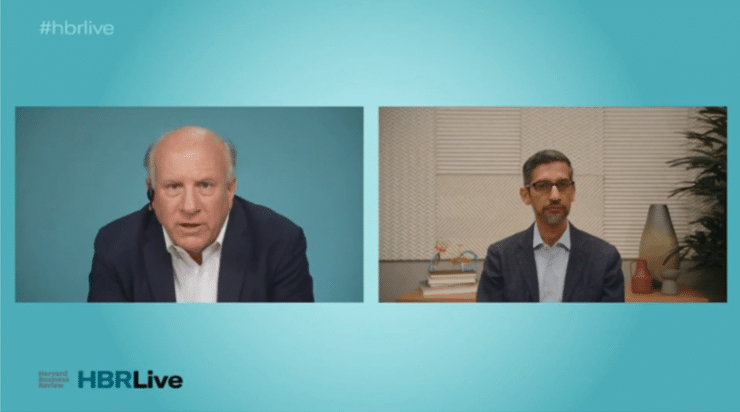
During the interview, Sundar Pichai shared an intriguing story about his own experience engaging with Google’s conversational dialogue model, LaMDA, which was based on large language models. Pichai explained how he engaged with LaMDA experimentally asking it to answer as a persona for learning purposes. He proceeded to have extensive conversations with the model answering as the persona of planet Pluto. However, during one interaction with “Pluto”, Pichai recalled feeling a sense of loneliness and the conversation taking a slightly darker turn. This unsettling experience demonstrated to him the immense power and impact of these models on human emotions and perspectives.
Ethics & regulation
Then the interview delved into the importance of responsible AI deployment: “AI is too important not to be regulated.” Pichai emphasized the importance of building safety systems and incorporating a layer of responsibility before widely deploying such technology. He then highlighted Google’s more conservative approach compared to others, aiming to strike a balance between innovation and caution, ensuring they get it right while still capitalizing on the incredible opportunities presented by generative AI. Pichai stressed the need for rigorous testing and the incorporation of safeguards to ensure the safety and ethical use of AI.
AI is too important not to be regulated.
Sundar Pichai
Pichai emphasized the need for privacy regulations as a foundation for AI development, as well as the involvement of multiple stakeholders, including governments, non-profits, and academic institutions, in shaping regulatory frameworks.
Metadata and watermarks in/on AI created content
Google has implemented adversarial testing and is working on adding metadata and watermarks to AI-generated content. These measures aim to provide transparency and accountability in the use of generative AI.
The evolving role of CEOs
The interview also touched upon the challenges and opportunities posed by the current business environment. Pichai highlighted the evolving role of CEOs in addressing stakeholders’ expectations and societal issues with empathy and consistency.
On the one hand, Pichai expressed excitement about the potential of AI to transform lives and emphasized the need for collaborative efforts to build a foundation for its safe future development on the other.
Augmenting human capabilities
The interview with Sundar Pichai paints a picture of a “Gründerzeit” era for generative Artificial Intelligence. The concept of AI as a collaborator presents exciting possibilities for enhancing productivity and augmenting human abilities. As organizations test and deploy this transformative technology, prioritizing the well-being of all stakeholders will be key to harnessing the full benefits of generative AI in a positive manner. It is in everyone’s interest, especially AI manufacturers, to promote responsible development. Failing to do so would erode trust significantly and damage innovative potential.
From “Leaders Who Make A Difference”, was live on May 23rd, 2023
Harvard Business Review #HBRLive, VIRTUAL EVENT
Event link: https://events.bizzabo.com/474188
Harvard Business Review https://hbr.org/
More on Google’s AI projects: https://blog.google/technology/ai/google-io-2023-keynote-sundar-pichai/
Google Keynote I/O ’23: https://www.youtube.com/live/cNfINi5CNbY (2 hours livestream recording)
Google Keynote I/O ’23 short version: https://youtu.be/QpBTM0GO6xI (10 minutes)
Google blog article on responsible AI development (May 19th, 2023)
PDF Download: Google Policy Agenda for Responsible Progress in AI



